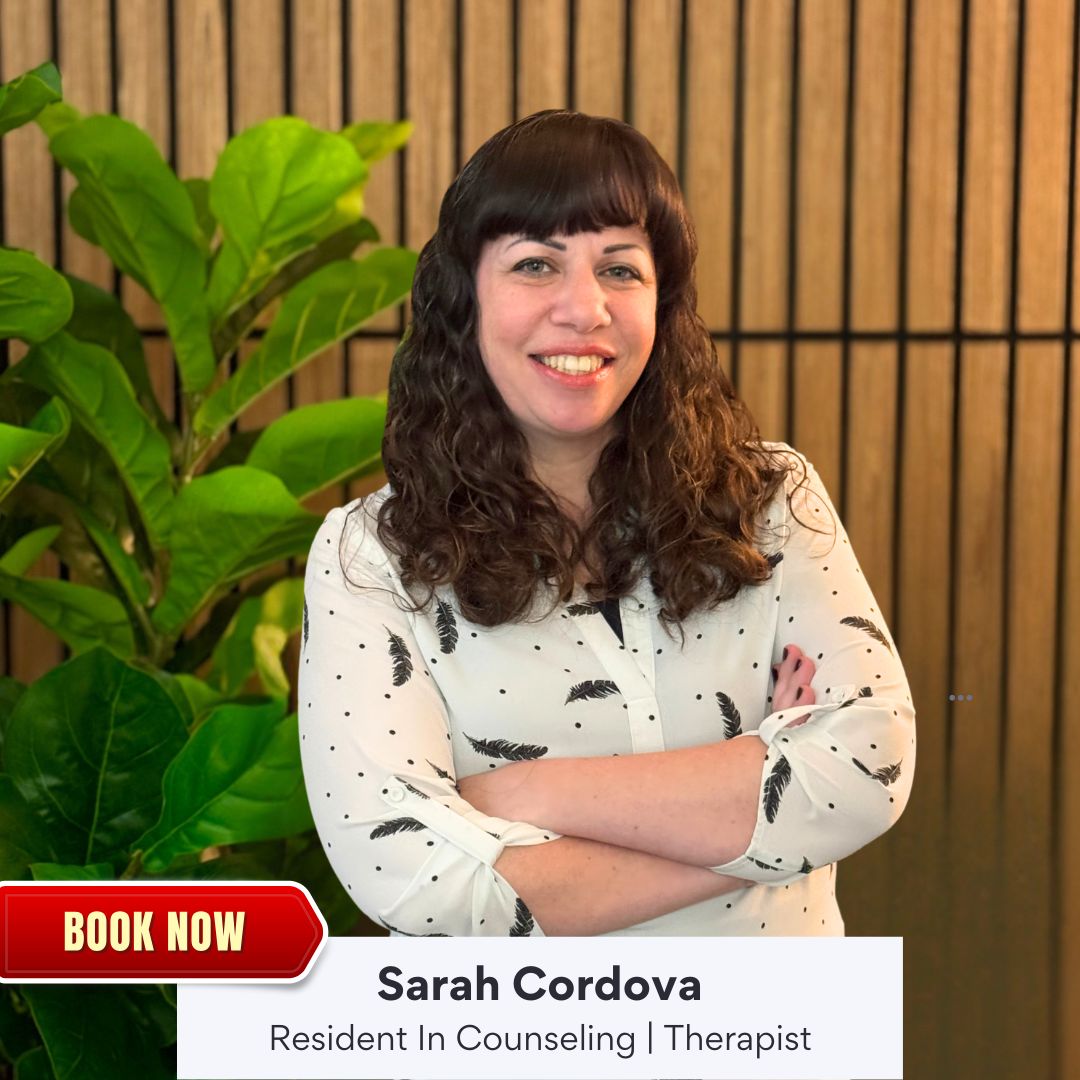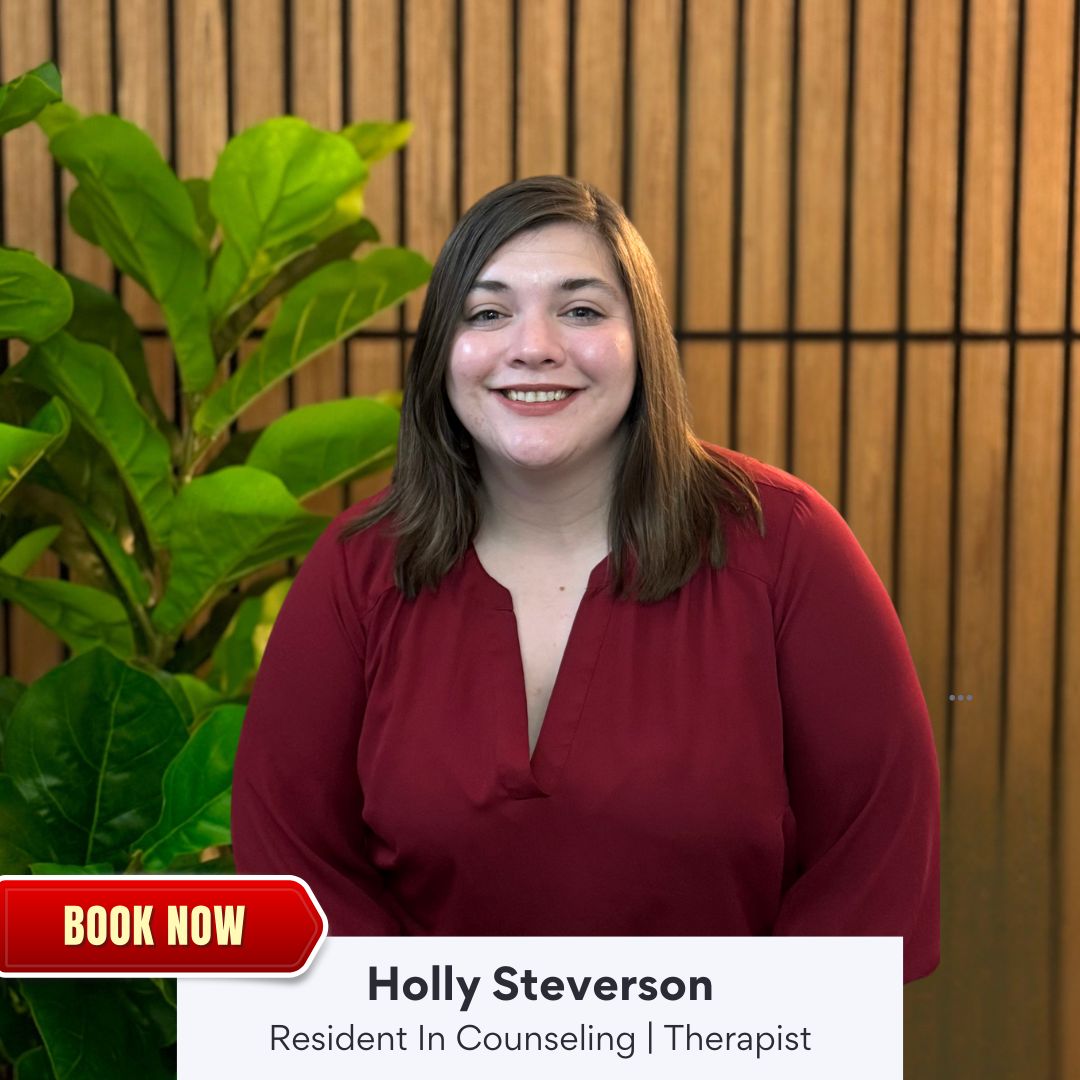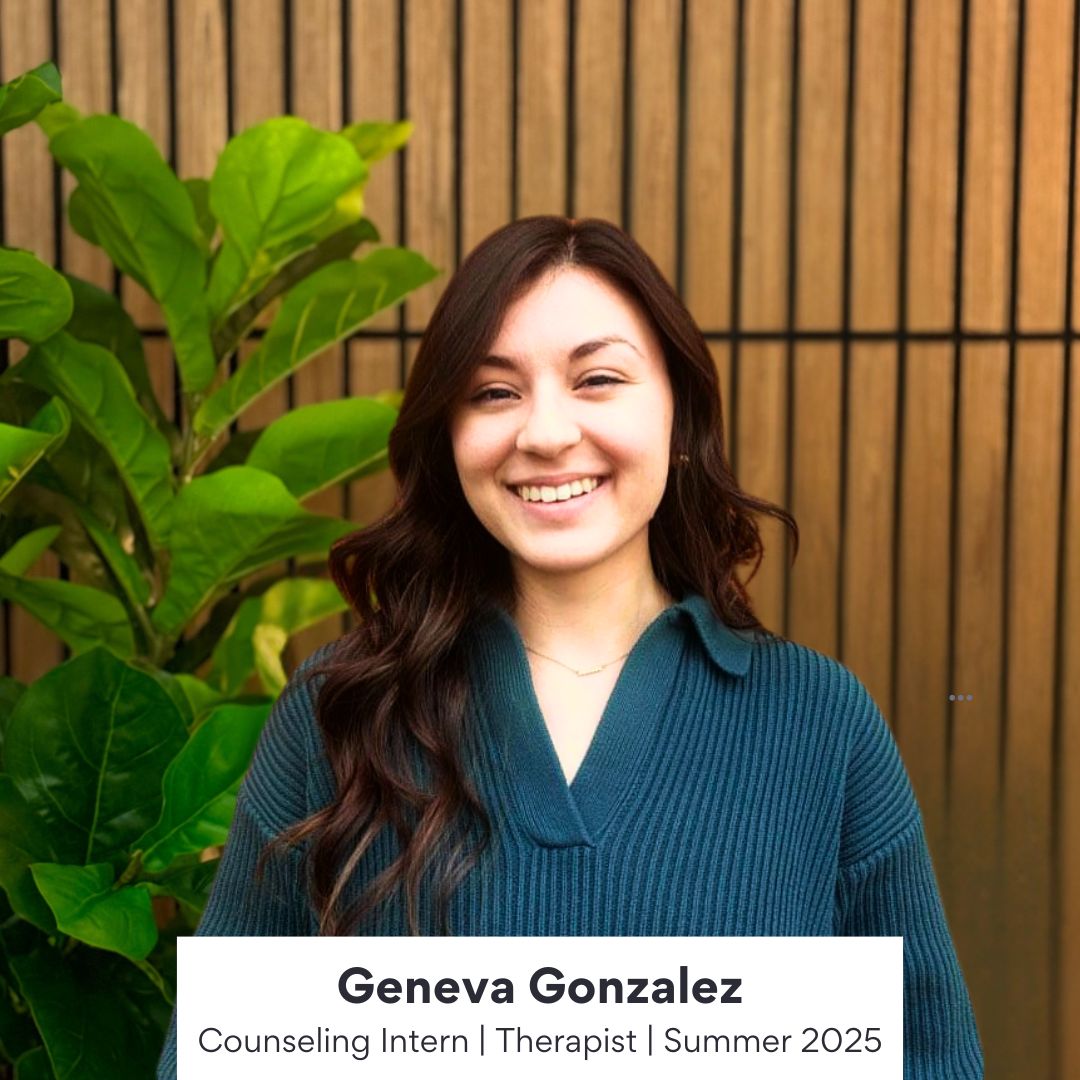The What, When, and How of Teen Counseling
Teen counseling is a form of therapy that helps adolescents deal with tough emotions and situations, mental health conditions, trauma, or concerns related to future, present, or past experiences. Teen counseling addresses and treats the specific needs of clients who are going through adolescence, an important developmental phase.
The teenage years can often be a time when adolescents face an increased risk of experiencing depression, anxiety, and other chronic conditions, alongside a wide variety of difficult life transitions as they journey through middle and high school.
Teen counseling can offer support to these young individuals and help them to understand themselves better, while learning how to express their emotions, make healthy decisions, and accomplish their goals.
What Therapy Techniques Are Used in Teen Counseling?
There are many different situations or emotional states a teen may experience, and licensed therapists need to be able to respond effectively. As a result, there are a wide variety of therapeutic approaches our counselors may use to accomplish specific goals.
Here are a few traditional, tried-and-true therapeutic techniques with proven results:
- Cognitive behavioral therapy
- Group processing
- Dialectical behavior therapy
- Motivational interviewing
- Solution-Focused Therapy
- Family therapy
- Acceptance and commitment therapy (ACT)
In instances where it’s necessary, one of our teen counselors may work together with a larger team to address an adolescent client’s needs or develop a personalized treatment plan that works in conjunction with a psychiatric provider’s services.
When Should a Teenager See a Therapist?
Life transitions can have a huge impact on your mental health. Some of the issues counseling can help you to better cope with include:
- Depressive disorders or suicidal thoughts
- Parent's Divorce
- Depression
- Anxiety and Stress
- Anger-related issues
- Grief and the grieving process after a major loss
- Relocating to a new school, home, or town
- Bullying at school, at home, or in extracurricular activities and clubs
If you think that your teen could benefit from a counselor’s support, the conversation should be broached with some sensitivity. You should highlight the benefits of going to counseling, perhaps mentioning that a counselor can help your teen to develop positive coping skills or offer a safe space to vent privately. But avoid framing teen counseling as a punishment or something necessary because “you’ve given up” on helping your teen.
Privacy may also be an important factor for some teens. You can reassure your young adult that their therapy sessions are confidential.
How Do I Tell My Parents I Need Teen Counseling?
Talking to your parents about starting counseling can be nerve-racking. If your parents haven’t suggested teen counseling, but you’re ready to take the next step and talk to them about receiving treatment, you might be wondering when, where, and how to start the conversation.
What if they aren’t supportive? What if they overreact and start worrying? What if they insist on a form of treatment that you don’t want, or demand that the counselor tells them everything?
These are all valid concerns and questions, especially if your parents don’t “believe” in therapy, or have expressed their doubts in the past.
Here are some tips you can follow:
- Find a time when your household is calm and neither you nor your parents are busy and can talk together about the subject.
- Remind your parents that helping you attend counseling sessions is a very real, tangible way for them to help you—it isn’t a way of shutting them out of your life. They may feel that they’ve failed you somehow, but you can assure them this isn’t the case.
- Don’t get angry if they have follow-up questions about your mental health. It’s normal, and as your caretakers, they’re concerned and want to make sure they’re informed about your emotional state.
- Consider offering to let them attend at least some counseling sessions with you if you feel comfortable with doing so.
If one of our teen therapists can help you or your teen, feel free to reach out and request an appointment today.





